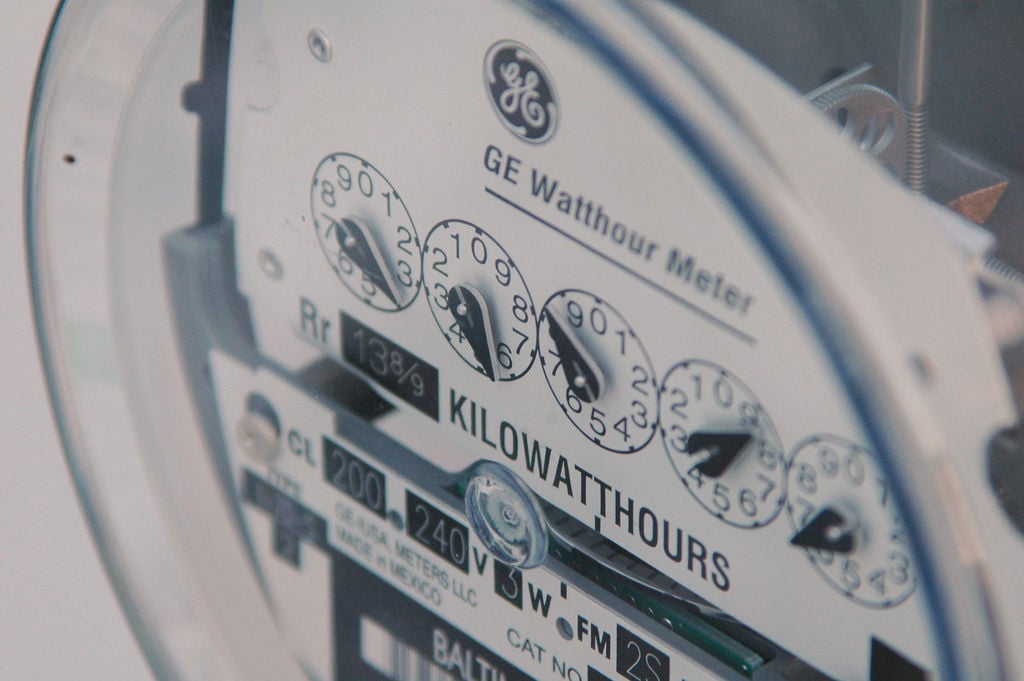Energy suppliers that fell short of Ofgem’s standards when installing involuntary prepayment meters (PPMs) will pay £18.6 million back to at least 40,000 customers.
Energy suppliers will pay a collective £5.6 million in compensation and write off £13 million worth of debt. Payments will range from £40-£60 for process misalignment, data quality and record keeping issues, to £1,000 for inappropriate installation, switch or use of PPM.
The payments are the result of what the energy regulator has called one of its most wide-reaching reviews, in which Ofgem examined energy supplier practice around more than 150,000 cases of involuntary PPM installation, including both meters that were installed under warrant and smart meters that were remotely switched to prepayment mode.
Ofgem’s Market Compliance Review (MCR), covering the period between 1 January 2022 and 31 January 2023, found that in 1% of cases where a PPM was fitted under warrant, it was not safe or reasonably practical to do so.
In most cases, Ofgem said that suppliers’ processes fell short due to poor data quality and inaccurate data keeping, in some cases meaning that customers did not receive the support they needed when they were in debt.
Energy UK, the trade association representing the energy industry, including suppliers, was keen to point out that suppliers and Ofgem agreed a new code of practice soon after the period that has been examined.
Forced prepayment meter installations rose during the energy crisis
Involuntary PPM installation ramped up during the energy crisis that began in 2021 as energy suppliers implemented PPMs in households that were falling behind on energy bill payments.
The rationale behind the move, meaning customers had to top up their energy meter ahead of using it, was that it would prevent the levels of insurmountable debt that customers fell into as energy prices skyrocketed to unmanageable levels.
Ofgem is currently consulting on plans to tackle the growing impact of rising debt in the energy system, to create lasting change in the way debt is managed and customers are supported.
In January 2023, Citizens Advice published research that found 2022 saw 3.2 million people cut off from their energy supply due to being unable to top up their PPM. Of those cut off, 19% spent a minimum of 24 hours without gas or electricity.
During 2022, 600,000 customers were involuntarily switched to a PPM, Citizens Advice found.
Following the report’s publication, business and energy secretary at the time, Grant Shapps, wrote to energy suppliers, calling on them to stop force-fitting prepayment meters and accusing many of doing “nowhere near enough” to support vulnerable customers.
Shapps also wrote to Ofgem, pushing the regulator to do more to ensure vulnerable customers were protected. In February 2023, Ofgem enforced a pause in PPM installations while suppliers considered whether recent forced installations should be reversed.
The regulator called on suppliers to rectify some of the wrongly installed meters in vulnerable customers’ homes and called for compensation to be awarded from any wrongdoing. It launched an investigation into British Gas at the time, which as of today is still ongoing. Media reports from the time claim agents for British Gas forced their way into the homes of vulnerable people to install PPMs.
Over £70,000 returned to consumers hit by energy debt, prepayment failures
Today’s £18.6 million comes on top of £55 million in financial support provided directly to affected consumers by suppliers, prior to the completion of the review, in the form of hardship payments and debt write off.
In March of 2023, Ofgem and Citizens Advice launched a joint evidence call, and later that month the UK government published its findings that OVO Energy, Scottish Power and British Gas were responsible for over 70% of forced prepayment meter installations in 2022.
Scottish Power and British Gas were cited as “leading the pack”, with the government stating that Scottish Power was the worst offender, taking into account the size of its customer base.
Despite this, Scottish Power, along with Octopus Energy and EDF, were the first suppliers to be granted permission to resume involuntary PPM installations in January 2024.
Octopus inherited force fitting cases from Bulb and Shell when it acquired their customers; in 2023, CEO and founder Greg Jackson said he was “taken aback” by British Gas’s handling of the issue. In a post to social media platform X, Jackson clarified that Octopus only installed 33 PPMs under warrant and was not responsible for mishandling by Bulb or Shell prior to the acquisitions.
Ofgem’s conditions were made mandatory from 8 November 2023. Following an update to Ofgem’s Code of Practice in April of that year all British domestic energy suppliers has already signed Ofgem’s updated Code of Practice, implementing tougher protection measures for vulnerable households.
Energy UK’s chief executive Dhara Vyas called involuntary PPM installation a “last – but necessary – resort”, saying that since the pause customer debt rose to £4 billion.
Current energy secretary Ed Miliband, on the other hand, called the forced installations a “national scandal” that “should never have happened”.






